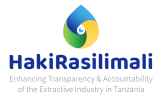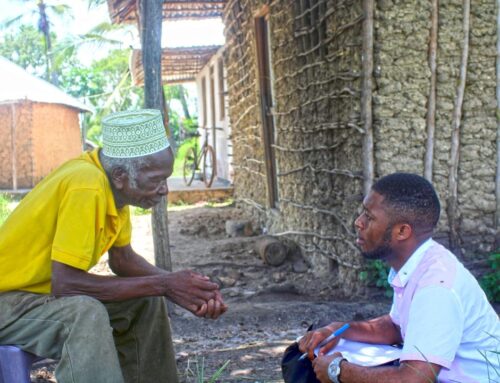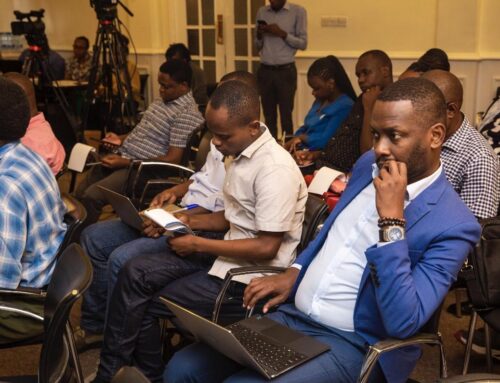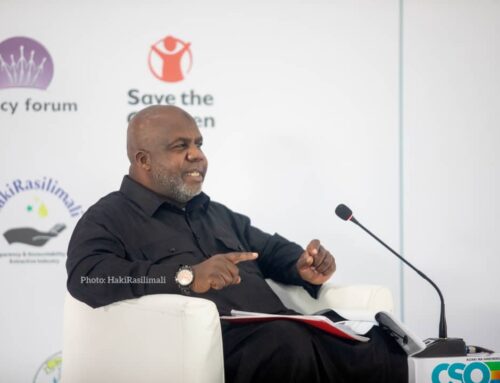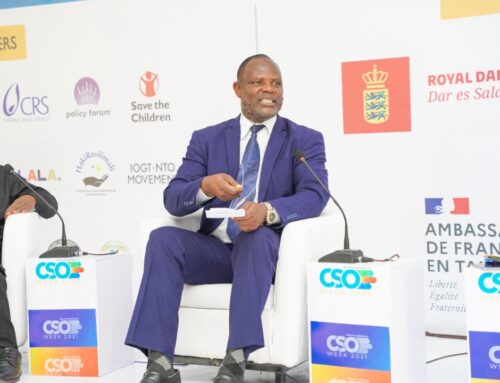 Representatives of faith-based organizations, civil society organizations, community-based Organizations, local government, media and academics from Uganda, Tanzania, and International partners from Nigeria, Chad and the United States of America met on August 23-24, 2017 in Entebbe, Uganda to share information, experiences and lessons, and deliberate on the proposed East African Crude Oil Pipeline (EACOP). The event was attended by over 75participants who also included government leaders at national and sub-national levels from both countries, representatives of companies on the EACOP project and international experts in areas of petroleum infrastructural developments and their interaction with host communities.
Representatives of faith-based organizations, civil society organizations, community-based Organizations, local government, media and academics from Uganda, Tanzania, and International partners from Nigeria, Chad and the United States of America met on August 23-24, 2017 in Entebbe, Uganda to share information, experiences and lessons, and deliberate on the proposed East African Crude Oil Pipeline (EACOP). The event was attended by over 75participants who also included government leaders at national and sub-national levels from both countries, representatives of companies on the EACOP project and international experts in areas of petroleum infrastructural developments and their interaction with host communities.
The convening came on the backdrop of Uganda and Tanzania having signed an Intergovernmental Agreement for the construction of the EACOP in May 2017. The 1,445km pipeline will be the longest electrically-heated pipeline1 in the world and will transport crude oil from Kabaale parish in Hoima district of Uganda to the Chogoleani peninsula near Tanga port in Tanzania. In Uganda, 20% of the pipeline (approximately 296km) will cross 8 districts and 24 sub-counties; while the remaining 80% of the pipeline (1,149km) will cross 8 regions and 24 districts in Tanzania. French company Total E&P, the UK based Tullow Oil Plc and the Chinese National Overseas Oil Corporation (CNOOC) are the project partners for the development of Uganda’s crude oil. The $3.55 billion EACOP is a massive infrastructure project of great geopolitical and economic importance to both governments and extractive industry companies –as well as the citizens of Tanzania and Uganda.
PREAMBLE
Cognizant of the potential of Uganda and Tanzania’s extractive resources to trigger economic growth, alleviate poverty and address inequality;
Recognizing that some existing oil and gas pipeline projects in the region, elsewhere on the African continent, and globally have impoverished local communities, involuntarily displaced families and delivered few benefits in return;
Concerned that both the governments of Uganda and Tanzania have made public declarations to fast-track the project at all costs, the timelines of which would be at odds with the time needed for consultation and meaningful participation of project-affected communities;
Cognizant that both governments and the private oil companies have, to date, publicly provided very little information on the pipeline;
Aware of the rising public expectations for this project and the need for transparent, reliable and factual information to be shared and well understood by potentially affected communities and the broader citizenry; read more……..
